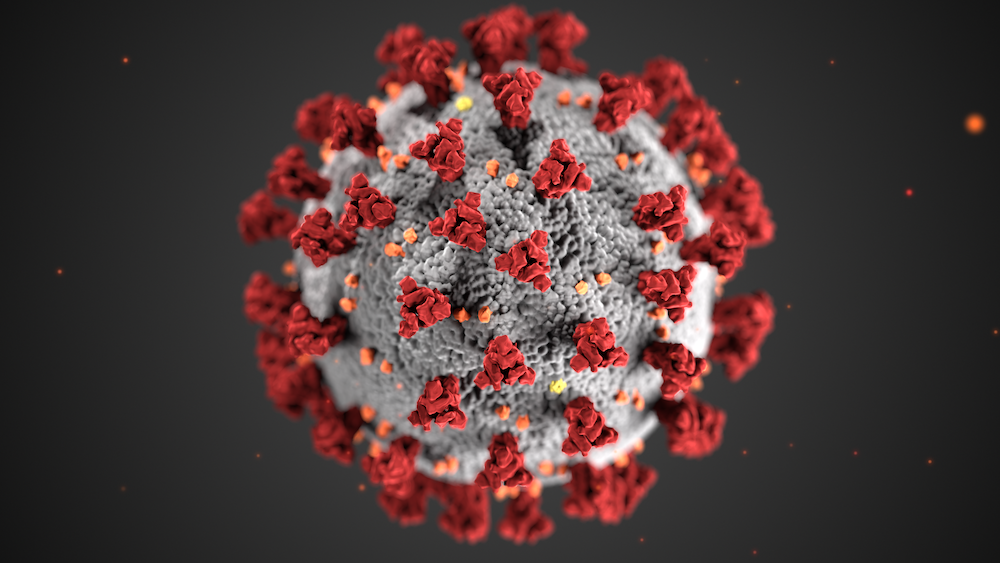Back in August 2020, we first explored how a COVID-19 infection could affect your GI system. There was very little data to work with at the time, as the pandemic was largely still unfolding across the United States and across the world.
Since then, much has happened with the pandemic. Now, at a time when vaccinations are widespread in the United States, case counts are ever decreasing, and more of the country starts to open back up, we’re going to take another look at the evidence around COVID-19 and its effects on the GI system. Here’s what the best evidence shows today.
GI Symptoms in People with COVID-19
Over the past year and a half or so, well over 100 million people around the world have gotten the coronavirus. Researchers have been able to perform numerous studies to examine different aspects of the disease and its impact on communities globally. One study published in September 2020 found that 53% of people hospitalized with COVID-19 experienced at least one GI symptom.
In our previous post on COVID-19, we noted that research on COVID-19 patients who were ill in March and April of 2020 found several common symptom clusters. One of these clusters was primarily characterized by GI symptoms, and several others included GI symptoms.
Disease Outcomes when GI Symptoms are Present
An emergent insight from the past year and a half of research is that people with COVID-19 who have GI symptoms seem to be more likely to have more severe disease outcomes. A number of different studies, each focusing on different populations, have found the following:
- Children with COVID-19 who have GI symptoms are more likely to have severe infection and cardiac impairment
- Adults with COVID-19 who have GI symptoms have a higher risk of developing ARDS (acute respiratory distress syndrome)
- People with COVID-19 who are admitted to the hospital and have GI symptoms have a higher risk of acute kidney damage, acute heart damage, and death
- People with GI tract conditions like Barrett’s Esophagus may have a higher risk for severe complications from COVID-19
Why COVID-19 Causes GI Symptoms
Clearly, the coronavirus attacks the body in a way that implicates the GI system. Scientists have learned more about exactly how this happens, and thus why GI symptoms seem to be fairly common and significant.
The coronavirus infiltrates cells in the intestine through the ACE-2 receptor, which is a protein in cell membranes. The virus’ spike proteins bind to this receptor and enter the cell. Once in the cell, the virus reproduces itself. When it leaves infected cells, it causes a release of cytokines, proteins that help fight inflammation in your body. When the virus causes too many cytokines to be released, they can damage your GI system and cause symptoms. The coronavirus can also attack your GI system directly in other ways. It may damage tissues, disrupt your gut microbiota, and impact your vagus nerve (which can lead to nausea).
We hope this overview sheds some light on the recent discoveries of how COVID-19 impacts the GI system.
Our experienced team at GHP has years of experience treating patients with various GI conditions. We can help establish the best plan of care for your situation. Contact any of our office locations to learn about the options we offer and schedule an appointment today.



